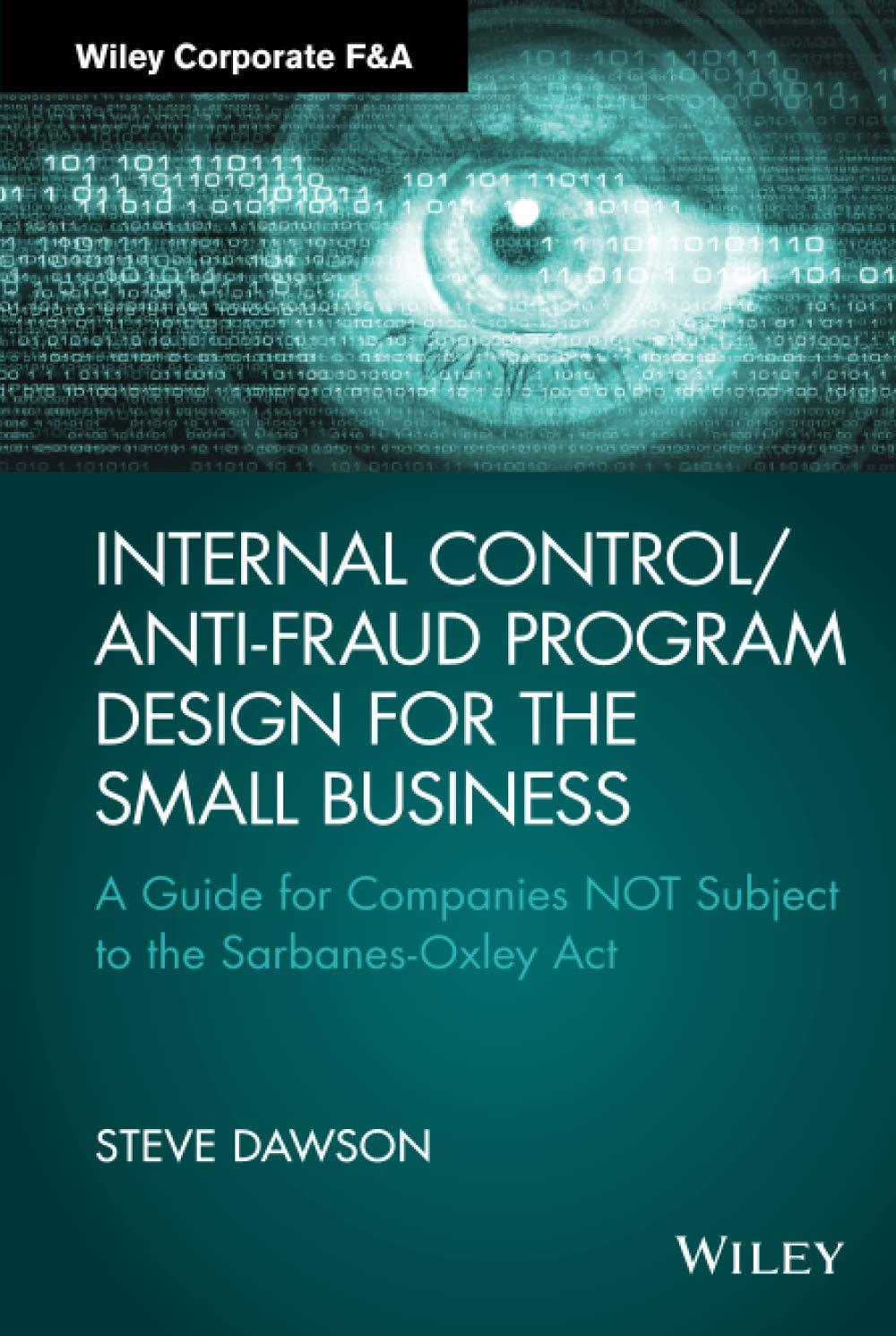Question
Polishing Apple: Fair Labor Association Gives Foxconn and Apple Undue Credit for Labor Rights Progress Scott Nova and Isaac Shapiro On August 21, 2012, the
Polishing Apple: Fair Labor Association Gives Foxconn and Apple Undue Credit for Labor Rights Progress Scott Nova and Isaac Shapiro
On August 21, 2012, the Fair Labor Association (FLA) released an interim assessment of the progress made by Apples largest supplier, Foxconn, in improving conditions for its factory workers in China. The assessment covered three Foxconn factories manufacturing Apple products in China: the Guanlan and Longhua factories in Shenzhen and the factory in Chengdu. In the report, Foxconn Verification Status Report, the FLA concludes that things are going very well:
Foxconn and Apple are carrying out the robust remediation plan developed following FLAs investigation, published on March 28, 2012. Over the past three months, steady progress has been made at the three facilities . . . and all remediation items due within the timeframe have been
completed, with others ahead of schedule. (FLA 2012d).1
This briefing paper analyzes the FLA assessment and subsequent correspondence with the FLAs president. We also contrast the FLAs findings with recent independent assessments of working conditions at Foxconn and Apples other suppliers in China, as well as with media reports regarding severe labor unrest and Foxconns treatment of workers during iPhone 5 production.
We conclude that the FLAs rosy view of developments in Apples supply chain is unfounded, for five reasons: Foxconn receives a perfect completion score from the FLA only because the FLA gives Foxconn credit for reforms that are either incomplete or purely symbolic. For instance, the FLA grants Foxconn full credit for increasing the number of workers on a 32-person union leadership committee from two to at least three; the other 29 members can still be factory managers.
Modest progress reported by the FLA in the early summer of 2012 in important areas such as excessive overtime and the use of coerced student labor was not sustained by at least some Foxconn factories by August/September, as labor practices predictably deteriorated when Foxconn ramped up production to meet iPhone 5 demand.
One essential promise made by the FLA and Applethat Foxconn workers would receive back pay for all cases in which overtime work had been illegally under-compensatedwas broken, and the FLAs justification for this breach is wholly unpersuasive.
The most fundamental remedies necessary to address Foxconns ongoing violation of over- time laws, including ending violations of local law and ensuring that pay rates are increased so that there is no net loss of compensation as hours are reduced, have not occurred, and their completion is not even scheduled until July 2013. With fundamental changes in labor practices still only a promise, and still months away, it is clearly premature to express optimism about the nature of reforms.
Independent reports paint a picture that contrasts sharply with the FLAs. The findings of a September 2012 report by the independent research group Students and Scholars Against Corporate Misbehaviour (SACOM),2 based in Hong Kong, directly contradict key elements of the FLA report. Moreover, in September and October, Chinese media and major U.S. news outlets reported several disturbing developments, some of which are in the same areas where the FLA reports progress, including continued use of underage labor by Foxconn, involving workers as young as 14; forced over-time in the production of the iPhone 5, which
meant denial of leave for workers during a major Chinese national holiday that affords a rare opportunity for workers to return home to visit their families; and large-scale labor unrest and protests at two Foxconn factories.
It is important to note that the FLA report focuses on Foxconn alone. Reforms by Foxconn are essential, but they are hardly sufficient. A study by another independent group, China Labor Watch, released in late June, found that the deplorable working conditions found at Foxconn factories also prevail, sometimes in more severe form, at other Apple suppliers in China. Apple must ensure reforms by all of its suppliers before laudatory assessments of its labor practices will be justified.
It would be inaccurate to state that there have been no changes at Foxconn. For example, there appears to have been progress, albeit only partial and only at some Foxconn facilities, in providing compensation for certain overtime hours and also in reducing work hours overall. Relative to the size and scope of the labor abuses that have been exposed at Foxconn, however, these modest improvements are of limited significance and do not come close to establishing labor conditions that are consistent with applicable law and international labor rights norms.
The following sections address in detail the shortcomings in the FLAs assessment and contrast its findings with those of independent investigators and media reports.
Should Apple bear the ultimate responsibility for the way workers who make its products are treated according to the authors of the article? Why? Think of possible counterargument(s) you can present against the position of the authors and explain them as briefly as you can.
Step by Step Solution
There are 3 Steps involved in it
Step: 1

Get Instant Access to Expert-Tailored Solutions
See step-by-step solutions with expert insights and AI powered tools for academic success
Step: 2

Step: 3

Ace Your Homework with AI
Get the answers you need in no time with our AI-driven, step-by-step assistance
Get Started


